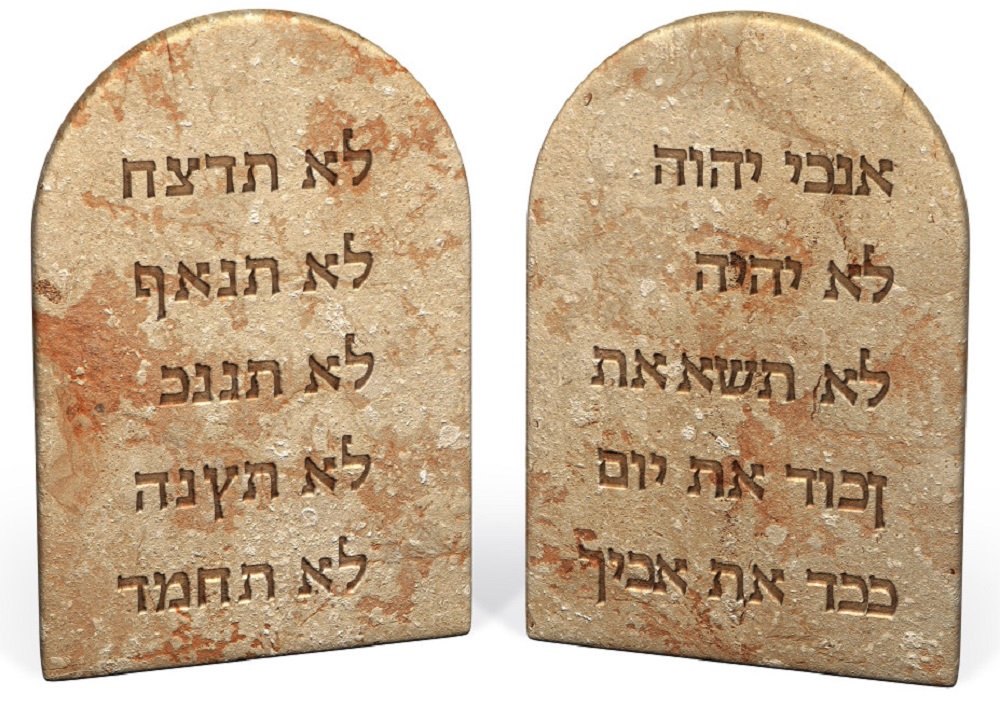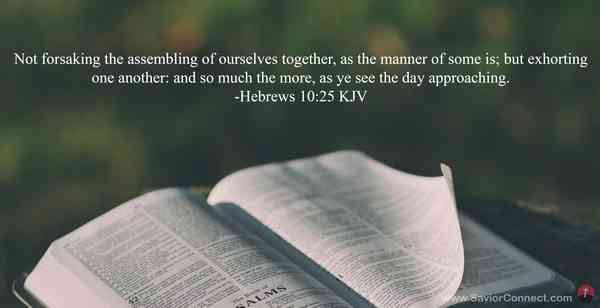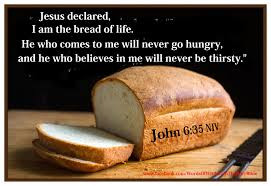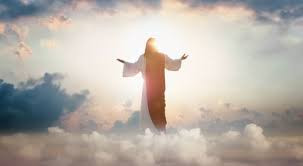
Hebrew scriptures with BENJAMIN LEON
The Jewish calendar year begins in late September or early October with the celebration of Rosh Hashana.
Unlike the Christian calendar which is based on the solar year, the Jewish calendar uses 12 lunar months of 29 to 30 days in length.
The new moon marks the beginning of each month with the full moon occurring halfway through the month.
The seventh month in a normal Jewish calendar year is the month of Nisan (also called Abib in the Hebrew scriptures). Passover is celebrated on the 14th day of Nisan at the time of the full moon.
Easter is observed on the first Sunday following the full moon that comes on or after the vernal equinox (March 21). Thus Easter can take place as early as March 22, but no later than April 25. This full moon is normally the full moon which takes place on the 14th day of Nisan. Thus in most years Easter is celebrated on the Sunday following Passover.
Why don’t Easter and Passover always fall together on the calendar?
Every two or three years the Jewish calendar requires the adjustment of a leap year.
- Chamisa under fire over US$120K donation
- Mavhunga puts DeMbare into Chibuku quarterfinals
- Pension funds bet on Cabora Bassa oilfields
- Councils defy govt fire tender directive
Keep Reading
During a Jewish leap year an additional month of 29 days is inserted before the month of Nisan.
The additional month is needed because the Jewish calendar year has less days than the solar year and begins to slip out of gear with the seasons. The extra month thus realigns the Jewish calendar year with the seasons of the solar year.
This is important because the Jewish holidays are closely related to the seasons. For example, the Torah commands that Passover be celebrated in the spring.
Every so often the Jewish leap year will push Passover so far into April that a second full moon following the vernal equinox would appear before the Sunday following Passover.
This happens anytime the Sunday following Passover falls later than April 25th on the Christian calendar. On those rare occasions Easter is celebrated the month before Passover rather than the Sunday following Passover.
How did this system for determining the date for Easter originate?
The early church was faced with the following conflict in dates: Jesus rose on a Sunday, but Passover can fall on various days of the week. So the early church saw two options:
Celebrate Easter in strict relation to the 14th of Nisan without regard for the day of the week, or
Determine a system whereby Easter could always be celebrated on a Sunday.
Although the issue was hotly debated and variously practiced during the first centuries of the church, the Council of Nicea in 325 AD eventually adopted the current system of celebrating Easter on the Sunday following the full moon after the vernal equinox.
Since the Second Vatican Council in 1963 there has been new discussion about fixing the date of Easter on a set Sunday such as the first or second Sunday in April. However, no progress has been made thus far towards such a change.
*Note: The Western Church (Catholic; Protestant) celebrates Easter based on the Gregorian Calendar, while the Eastern Church (Orthodox) follows the Julian Calendar. As a result, in most years the Orthodox Easter follows the Western Easter by one or more weeks, although in some years the dates coincide.
Note: The Last Supper was the first night of the Passover!
What is Passover?
The eight-day festival of Passover is celebrated in the early spring, from the 15th through the 22nd of the Hebrew month of Nissan, April 19-27, 2019. Passover (Pesach) commemorates the emancipation of the Israelites from slavery in ancient Egypt. Pesach is observed by avoiding leaven, and highlighted by the Seder meals that include four cups of wine, eating matzah and bitter herbs, and retelling the story of the Exodus.
In Hebrew it is known as Pesach (which means “to pass over”), because God passed over the Jewish homes when killing the Egyptian firstborn on the very first Passover eve.
The Passover story in a nutshell
After many decades of slavery to the Egyptian pharaohs, during which time the Israelites were subjected to backbreaking labour and unbearable horrors, God saw the people’s distress and sent Moses to Pharaoh with a message: “Send forth My people, so that they may serve Me.” But despite numerous warnings, Pharaoh refused to heed God’s command. God then sent upon Egypt 10 devastating plagues, afflicting them and destroying everything from their livestock to their crops.
At the stroke of midnight of 15 Nisan in the year 2448 from creation (1313 BCE), God visited the last of the 10 plagues on the Egyptians, killing all their firstborn. While doing so, God spared the children of Israel, “passing over” their homes — hence the name of the holiday. Pharaoh’s resistance was broken, and he virtually chased his former slaves out of the land.
The Israelites left in such a hurry, in fact, that the bread they baked as provisions for the way did not have time to rise. 600 000 adult males, plus many more women and children, left Egypt on that day and began the trek to Mount Sinai and their birth as God’s chosen people.
Benjamin Leon is a member of the Jewish community in Zimbabwe. Feedback: vleon@ mango.zw











